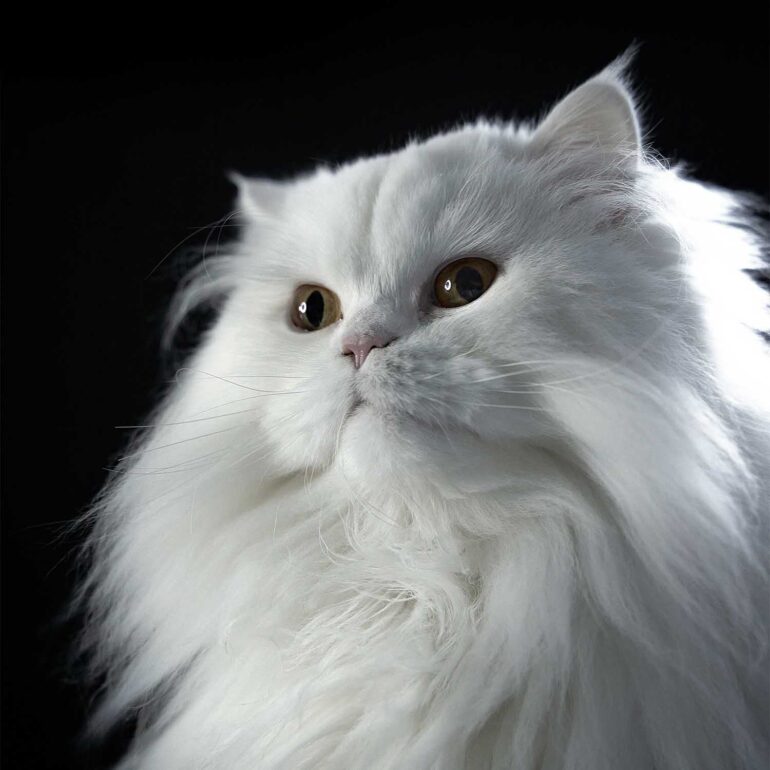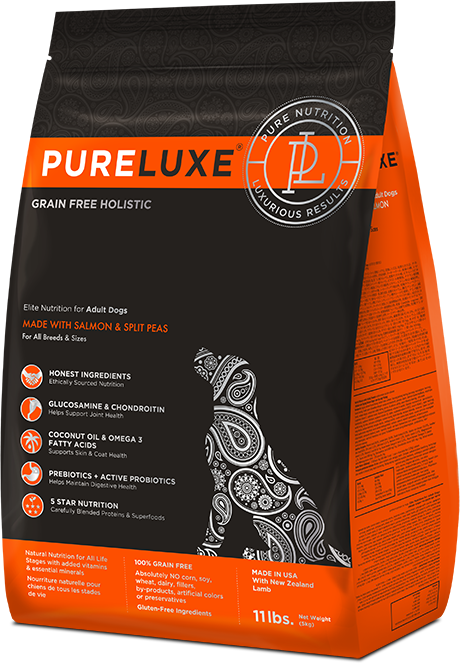While all cats are undeniably adorable, their furry facades often mask
While all cats are undeniably adorable, their furry facades often mask distinct personalities and physical attributes. Just like designer suits wouldn’t fit a poodle the same way they fit a Great Dane, breed variations in cats extend to their dietary needs. Here’s how a cat’s breed can influence their ideal meal plan:
Built for Size:
- Maine Coon Munchies: These gentle giants among felines require food formulated for larger breeds. Kibble pieces should be bigger to accommodate their wider jaws, and the food itself might be higher in calories to support their impressive size.
- Slender Siamese Suppers: In contrast, slender Siamese cats have a higher metabolic rate due to their active personalities. Their food should be nutrient-dense with moderate protein content to fuel their energy needs without excess weight gain.
Coat Considerations:
- Persian Pampering: Persian cats boast luxurious long fur, but that beauty comes with a price – grooming challenges. Look for food rich in omega-3 and omega-6 fatty acids, which can promote healthy skin and a shiny, lustrous coat, reducing hairball formation.
- Shorthaired Savory Choices: Shorthaired breeds like the Abyssinian typically have less demanding grooming needs. Their food can focus on providing balanced protein and essential nutrients for overall health and maintaining an active lifestyle.
Addressing Health Predispositions:
- Fold Fancy Felines: Scottish Fold cats are prone to certain joint issues. Their food might benefit from containing glucosamine and chondroitin, which can support joint health and mobility.
- Hairless Wonders: Sphynx cats, known for their hairless bodies, have a higher basal metabolic rate to maintain their body temperature. Their food should be calorie-dense to keep them energized throughout the day.
A Breed-Specific Starting Point:
While breed can be a helpful guide, it shouldn’t be the sole factor when choosing cat food. Always consult your veterinarian to determine the most appropriate diet for your feline companion, considering their individual health and activity level. Remember, breed-specific food options can provide a tailored starting point, but a vet’s guidance ensures your cat gets the purrfect blend of nutrients for a healthy and happy life.




















